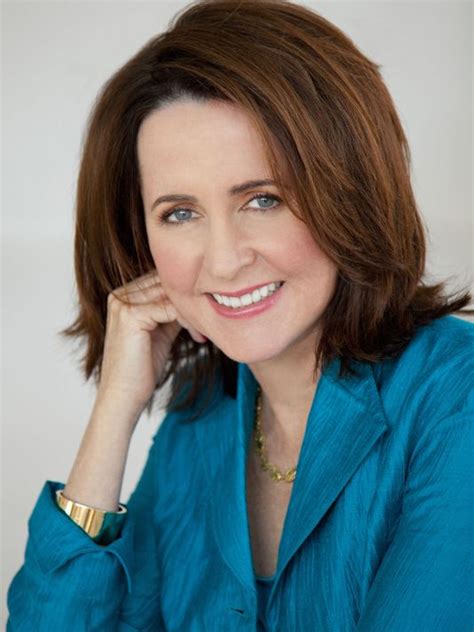A Quote by Charli XCX
I was only 14 when I started playing the east London rave scene. At the time, I was so captivated by everything. I didn't ever wanna progress out of that scene.
Quote Topics
Related Quotes
When I finally turned 18, I started to wonder if rave was now different to what it was and whether I'd missed out on the golden days of rave. So, I thought I'd talk to some of the legends in the game and get an education on how music was made, listened to and the rave scene from before I was even born.
have a much harder time writing stories than novels. I need the expansiveness of a novel and the propulsive energy it provides. When I think about scene - and when I teach scene writing - I'm thinking about questions. What questions are raised by a scene? What questions are answered? What questions persist from scene to scene to scene?
The acting background helped a lot when I started writing. I was training for it. In acting class they teach you about the stakes in a scene (and) what motivates characters. When you bring a scene to class - as an actor with your scene partner - you have to do everything. There's no producer, set decorator or anything like that. You and you partner have to do everything and that's kind of like facing the blank page as a writer.
Anyway, I'm doing my rave and this spittle comes out of my mouth and it winds its way very delicately through the wire fence that separates us and lands clear and bright on Denzel's lip. And we're at the beginning of the scene and I've got to do the rest of the scene, and the camera isn't on him, it's on me - and I'm fully aware that I've just spat on Denzel Washington!
Film and television are very different. On the TV show, we do seven or eight scenes a day, so time and money are of the essence, and we have zero room for creativity because you've got to do each scene in only five takes. Whereas, on a film, you have an entire day to film one scene, so you have so much time to choose how you want to fill in a scene.



































